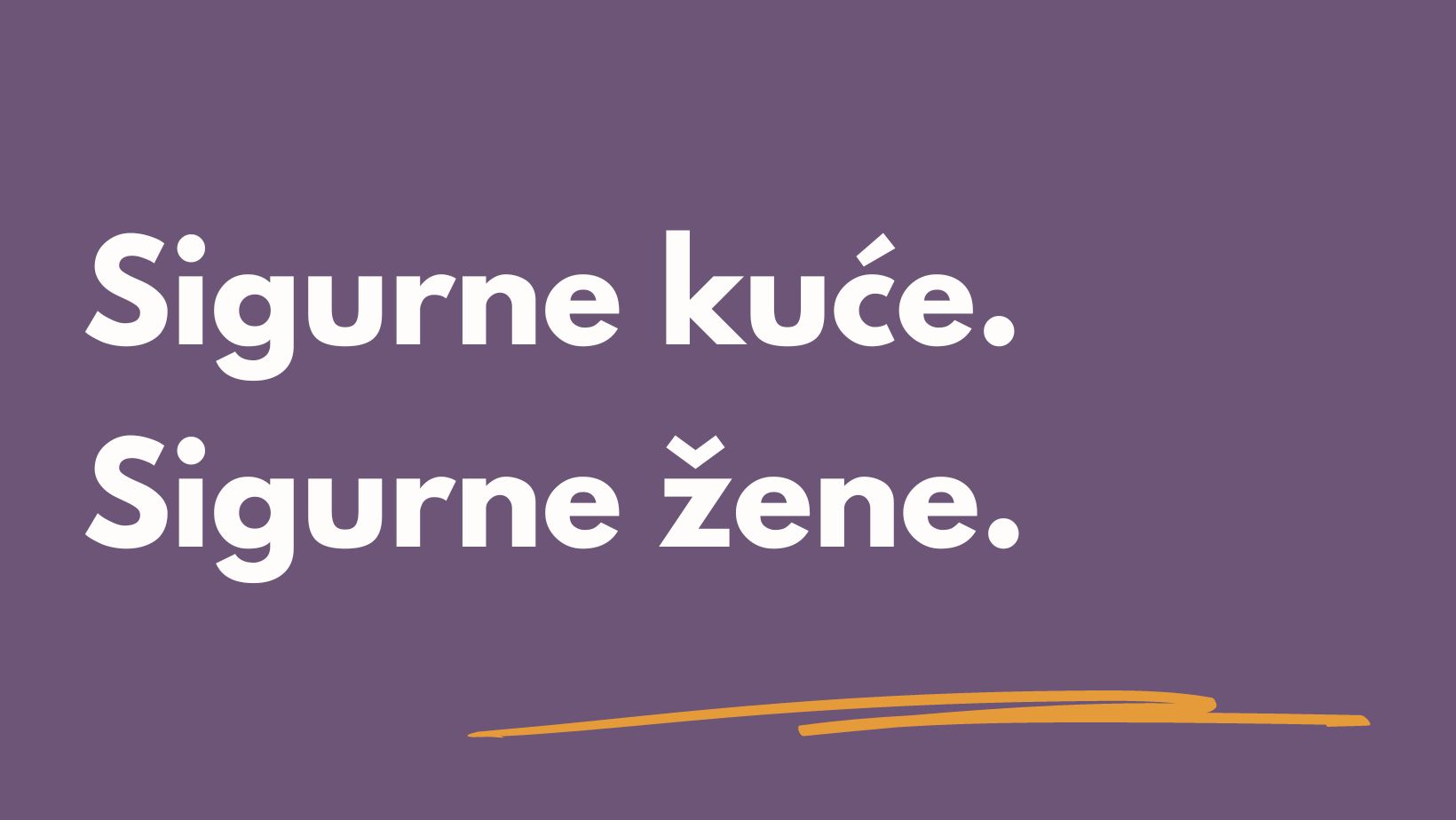Hotline: +381 61 63 84 071
The existing capacities of safe houses in Serbia correspond to a quarter of the prescribed minimum

A research carried out by NGO Atina has shown that the existing capacities of safe houses in Serbia correspond to a quarter of the prescribed minimum.
A research on the functioning and work of safe houses for women and children victims of violence, carried out by NGO Atina, has shown that the number of available places in safe houses in Serbia is 74% lower than the prescribed standard in the countries of the European Union. In addition, beneficiaries of safe houses also face security risks, bearing in mind that all safe houses have had secrecy of their locations breached.
The research, which was conducted during 2022 and the beginning of 2023, included all 13 safe houses and one shelter for victims of human trafficking in Serbia, i.e., 33 representatives providing safe accommodation service for victims of violence, and it represents a pioneer research in this field.
The goal of the research was to determine the real situation when it comes to the current provision of safe house services for women and children victims of violence, as well as to map the challenges safe houses are facing when providing services.
In addition to insufficient capacities of safe houses, which are three quarters below the required minimum, the research also showed that there are challenges in the licensing of safe houses, which has an unfavorable impact on implementing and financing the services, as pointed out by the employees who participated in the research. In Serbia, there are currently 11 safe houses for women victims of domestic violence and one shelter for victims of human trafficking; only five of these safe houses have work licenses, two are in the process of renewing their licenses, and more than half of them – seven - have been in the licensing process for eight years now.
Jelena Hrnjak, NGO Atina’s Programme Manager, pointed out the necessity of multisectoral cooperation, that is, cooperation with women's civil society organizations in the field of providing support and assistance to women victims of violence.
- Bearing in mind that on the territory of Serbia, only one non-governmental organization runs a licensed safe house, and that the Istanbul Convention states that safe accommodation for women managed by women's organizations is the most expedient way of providing this type of support, this research is also a call to state institutions in Serbia to reconsider current policies and make the protection of women and children with the experience of violence a priority in their work.
The most significant results of the research will be presented within the "Safe Houses. Safe Women" campaign, which will be available on NGO Atina’s social networks - Facebook, Twitter and LinkedIn.
The research can be read here.

This publication was created within the project "Better support for women and children victims of violence - improving the accessibility and capacities of safe houses in Serbia" NGO Atina is implementing in cooperation with the United Nations Agency UN WOMEN, and with the support of the European Union, within the framework of the EU-UN Women regional program to stop violence against women in the countries of the Western Balkans and Turkey entitled "Implementing norms. Changing minds", financed by the European Union.
The content of this publication is the sole responsibility of the authors, and does not necessarily reflect the views of the European Union, UN Women, their Executive Board or the member states of the United Nations.












 FACEBOOK
FACEBOOK TWITTER
TWITTER YOUTUBE
YOUTUBE